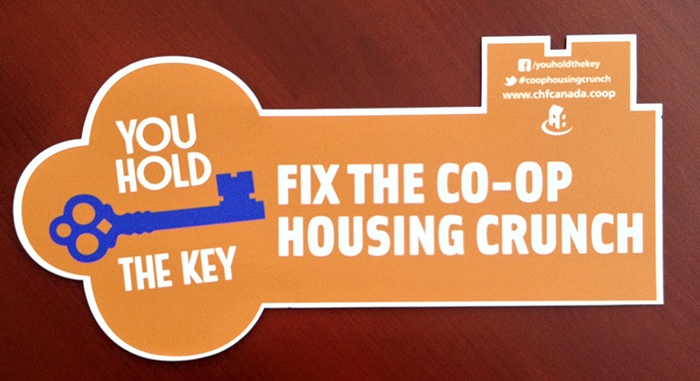Protect Co-op Housing
The Declining Federal Commitment
At its peak, federal funding for community housing – including co-op, non-profit and public housing, through the various operating agreements totaled $2.1 billion annually. As operating agreements have expired, federal spending has declined and today is approximately $1.5 billion annually. This is slated to reduce to $1.2 billion annually by 2020 and to $500 million annually in 2025 as increasing numbers of operating agreements reach their expiry date. By 2035, the vast majority of agreements will have expired.
Co-ops Can’t Support Low-Income Households On Their Own
A fundamental assumption underlying all of the federal housing programs is that it is the role of government to finance the subsidies that make some of the units affordable for low-income people. Without that funding co‑ops and other non-profits would not be able to reduce the rents of low-income residents without creating financial difficulties that would threaten every resident’s home and the financial future of the housing community.
This is especially true today as the co-ops and other communities built under federal programs are aging and have to devote more of their revenues to covering rising maintenance and other operating costs. Most will have to remortgage their properties to carry out major renovations and upgrades in the near future.
This is why a renewed commitment from the federal and provincial governments to support affordable housing for low-income residents – in co-ops and other housing communities – is essential.
Ask Your MP For Action On Co-op Housing!
Tens of thousands of co-op members are still in danger of losing their affordable co-op homes. But there is real hope now. The federal government has committed to a National Housing Strategy that should help co-ops. We need to make sure that happens.





